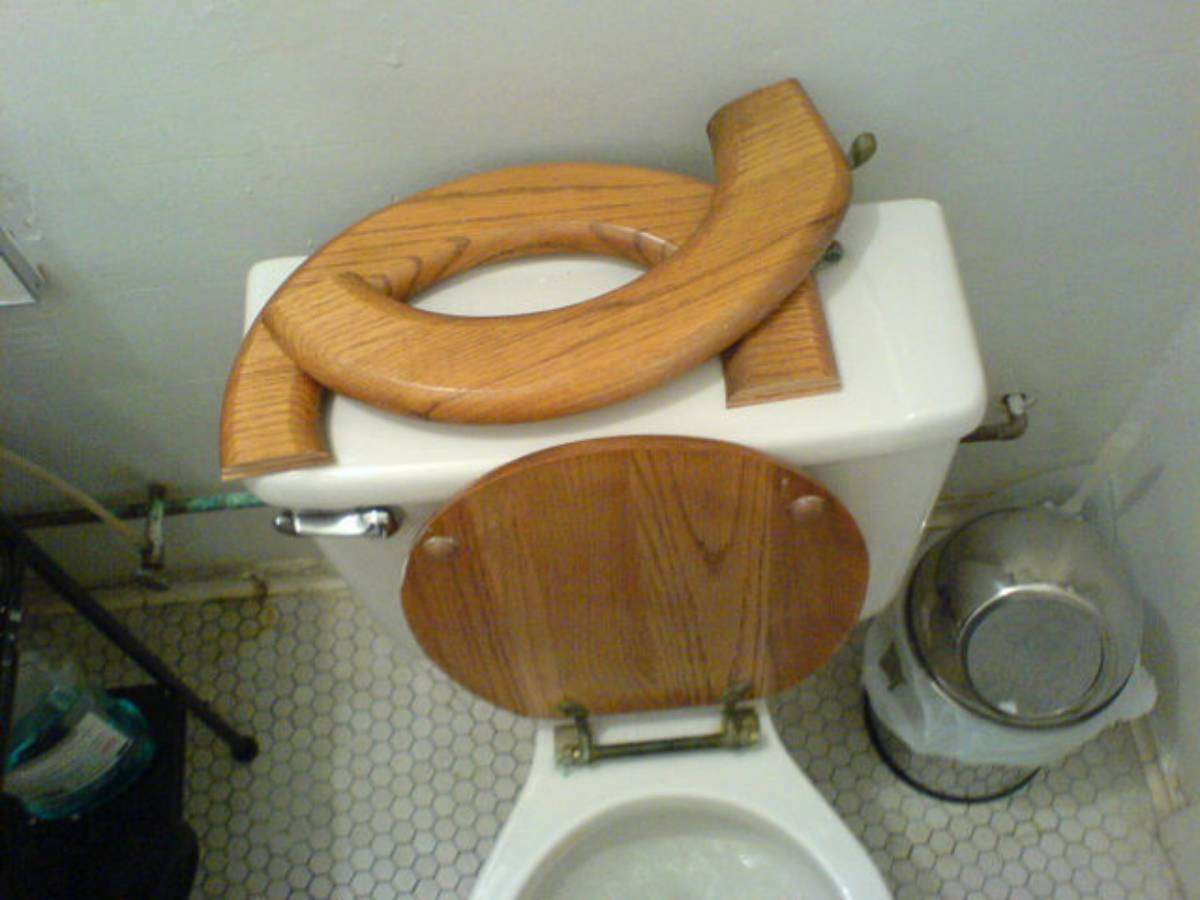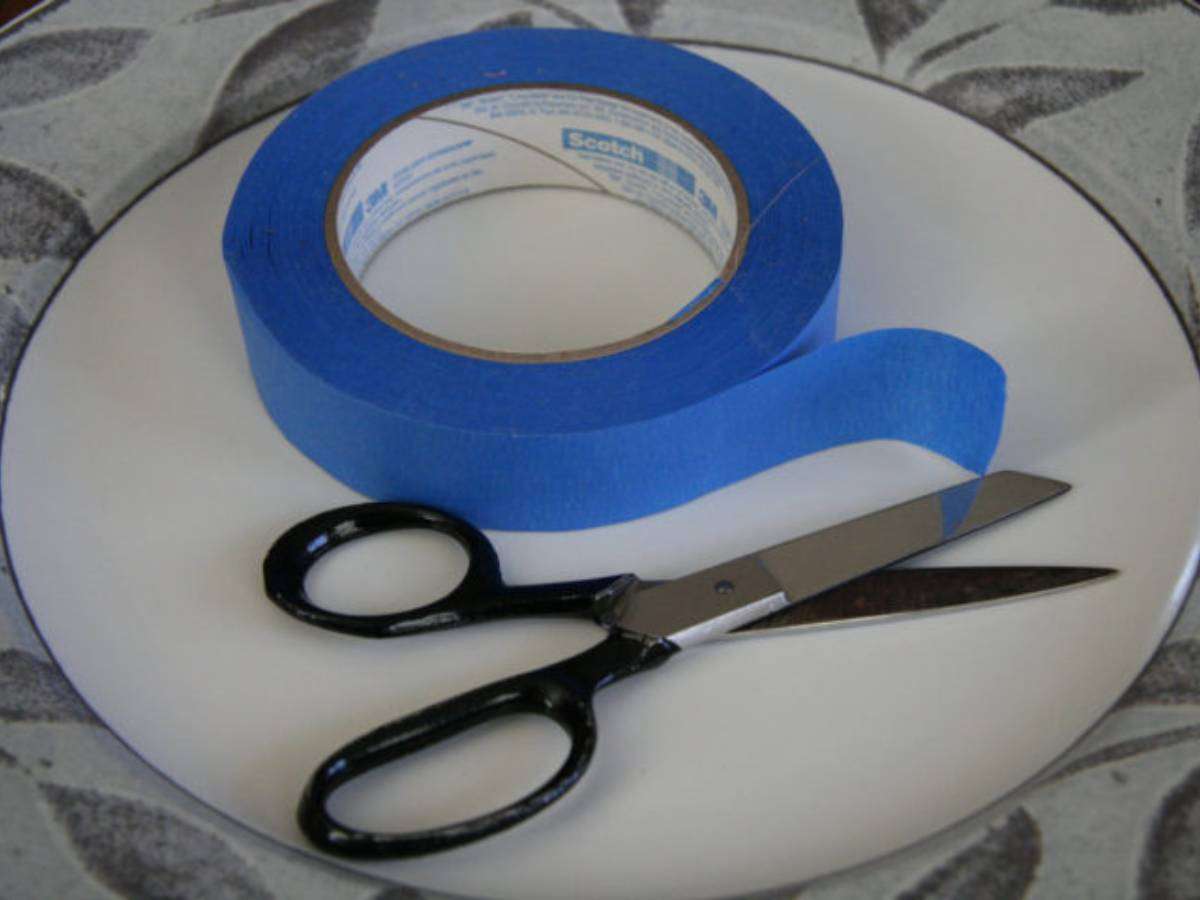 Renting out your home could be a good investment. It could also be the source of many headaches.
Renting out your home could be a good investment. It could also be the source of many headaches.
Some people look at renting a home as another means of income. Others fall into the category of reluctant landlords, due to circumstances beyond their control.
Whichever boat you fall in, realizing all that’s involved when you decide to become a landlord is critical if you intend to come out ahead in the long run.
Being a successful landlord will ultimately require that you understand both your responsibilities as a landlord as well as the rights of your renters.
Here’s what you need to know before you rent out your house…
First on your to-do list: Replace your homeowners insurance policy with rental-home insurance. It covers the building and provides liability protection but doesn’t cover possessions, so it tends to cost about 20% less than a regular homeowners policy … Also include a section in the lease requiring your tenants to buy renters insurance, which will cover their liability and belongings. Source
Pros & Cons Of Renting Your House
- Keep property to sell later at a better price
- Rental income covers mortgage, taxes, insurance, etc
- Tax breaks offset rent or other income
- You are the landlord
- Tenants may damage your property
- Could be taxed on gains if you later sell
You’ll be able to deduct your mortgage interest on the rental property, as well as insurance premiums, real estate taxes, advertising costs to rent the house, rental management fees, utilities you pay, travel to and from the property and legal and accounting costs. And you can deduct depreciation — basically the purchase price of the house (but not the land) divided by 27.5 each year — and the cost of repairs. You can’t deduct home improvements that add value to the property, but you add the cost of improvements when figuring depreciation. If your expenses exceed your rental income, you can deduct up to $25,000 of the loss against other kinds of income. (That loss allowance declines if your income is more than $100,000.) Source
More tax deductions and tips for dealing with rental income.
Are You Ready To Be A Landlord?
Before taking on the task of becoming a landlord, you need to access your abilities and talents to see if you’re suited for the job.
Not everyone is comfortable with the many different aspects of being a landlord.
Ask yourself the following questions:
#1 Are you a do-it-yourselfer around the house?
Owning rental property means that you are responsible for the upkeep and repair of everything involved with the rental units. Some quick examples include: busted pipes, squeaky cabinet door hinges, broken appliances, the water heater quits working, or the furnace goes out. If your plan is to hire out all of the repair work, you better own many rental units. Otherwise, any hope of profits will diminish quickly. If you like to tackle home repairs and remodeling projects yourself, you’re in luck! These traits would likely come in handy as a landlord.
#2 Are you a good business person?
Preparing legal documents — such as leases, late-fee contracts, and rental deposits — will be required. You will also spend a good deal of time interviewing prospective renters. Your actions must always respect your tenants’ legal rights, while protecting your own as well. It can be like walking a tight rope sometimes. If you make it too easy for the renter, they will walk all over you. If you don’t closely follow your legal requirements, the law will come knocking on your door. Fortunately, you can get all of the documents and forms you’ll need for FREE online:
#3 Can you be the tough guy?
Sure, everyone has a soft side. Wanting to help out someone who’s down on their luck may be the humanitarian thing to do. However, realizing that renting your home is a business and hard decisions must be made and you’re the person that must make them may not feel all that comfortable. At some point in time, the inevitable eviction process may be necessary to get rid of deadbeat or destructive renters.
#4 Can you handle the dangers?
As a landlord, the liability is all yours. If a renter falls because of a loose step on your rental property, you’re at fault. For that matter, if a total stranger falls just coming to the front door, you’re responsible. The same is true if their little 3-year-old burns the place to the ground while playing with matches. When your renter goes to the Housing Authority and complains because of some seemingly ridiculous deficiency they’ve dreamed up, the inspectors will be tapping on your shoulder for answers. Renters rights laws can seem unfairly stacked against the landlord.
Here are a few tips for renting to someone with bad credit:
How To Rent Out Your House Quickly
Still want to be a landlord? Okay, let’s look at how to get your home rented as quickly as possible.
If you’ve got an empty house on your hands, it’s definitely a financial drain that needs to be plugged right away!
![]() Hang signs.
Hang signs.
A For Rent sign with your phone number in the window of your rental home may sound way too simple, but it works! Many people are looking for a place to live in a particular neighborhood — be it close to a school or convenient for them to find transportation to work. One of the first things a prospective tenant will do is drive through the area looking for such signs.
![]() Post fliers with tear off phone numbers tabs.
Post fliers with tear off phone numbers tabs.
Flood the neighborhood with your homemade signs with tabs. Be sure to scout area supermarkets, laundromats, restaurants, churches, and anywhere else where you might find a bulletin board for pin-up advertisements. Find a space, hang your flier, and wait for the calls to start coming!
![]() List your home for rent in the classifieds.
List your home for rent in the classifieds.
Free classified ads are offered in many small city newspapers and regional publications. Craigslist is another good alternative.
![]() Encourage word of mouth advertising.
Encourage word of mouth advertising.
By letting the people you know (and hopefully respect) that you have a home for rent, they in turn may be aware of someone (they hopefully respect, as well) who is looking to rent. Getting a good personal recommendation from someone you trust can go a long way in making the landlord/renter relationship a pleasant one.
![]() Post free home rental ads online.
Post free home rental ads online.
The Internet has become a favorite shopping place for most people — this includes potential renters. Why would they drive all over town when they could sit in front of their computer and find rental properties online? Be sure to list your rental home on several different sites. Here are some good ones:
Buy ads in the local newspaper.
Once you’ve exhausted most free methods of advertisement, paid real estate ads in the local newspaper are another option. Concentrate your advertisement expenditures as close to your rental property as possible. For example, there’s no point running an ad in a newspaper that’s located 50 miles away, since few likely renters will see it.
Property Management Company vs Being A Landlord
You may want to think twice before becoming a landlord for these reasons (among others):
- Applicant histories are getting worse.
- Vacancy rates are up.
- Evictions are taking longer.
- Rental units are getting pet-friendlier.
If being a landlord seems too daunting, another option that might work for you is hiring a property management company to take care of the whole rental process.
They will oversee everything from interviewing possible tenants, to staying on top of routine maintenance, to accessing fees for late rent payments, right through to possible evictions. A property management company is qualified to take care of everything associated with being a landlord for you!
Of course, their services don’t come cheap. Property management companies typically charge 10% of the monthly rent. This probably isn’t the best way for a small real estate investor to build a business around rental property. It’s just another option to consider if you find yourself stuck with one too many houses.
Here’s how to find a property management company in your area:
- Property Management Company Listings
- Rent List: Find A Property Manager
- All Property Management
- Find A Residential Property Management Company
Here’s a checklist to use when interviewing property management companies.
Just for laughs, here’s a novel idea: rent out your house for $10,000 a night to celebrities:



